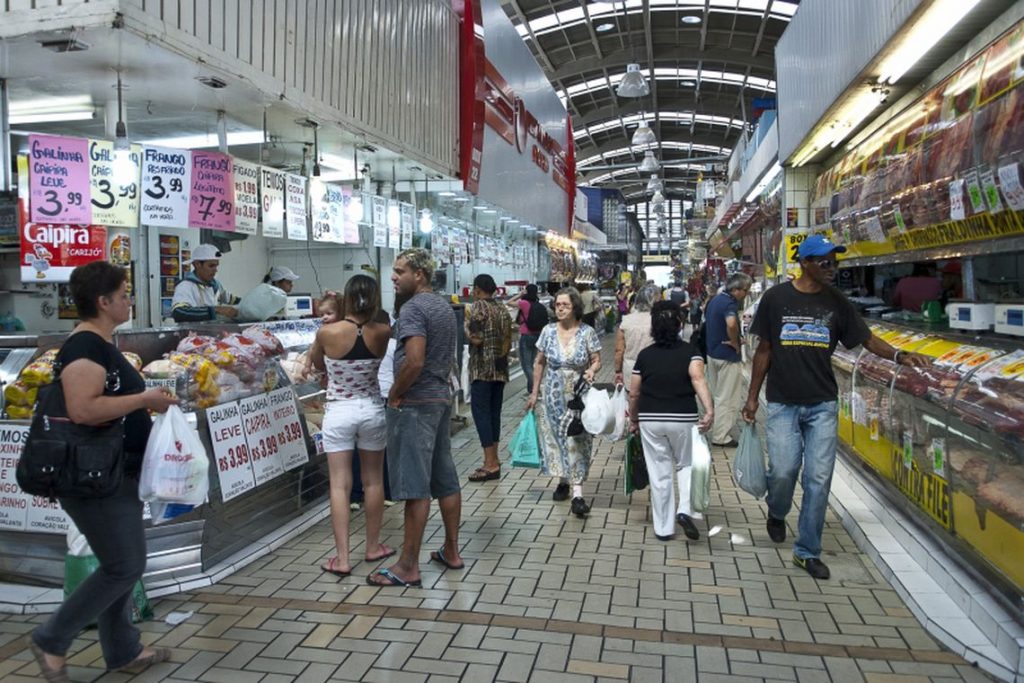São Paulo – Brazilian Indicator of Consumer Confidence increased by 12% in 2018 in comparison with the same period of last year, reaching 45.8 points. In December 2017, the index was at 40.9 points, according to data from the National Confederation of Retailers (CNDL, acronym in Portuguese) and the Brazilian Credit Bureau (SPC Brasil, acronym in Portuguese) published this Thursday (17). Even with the increase, the rate shows most consumers remains pessimist, since the indicator scale ranges from 0 to 100, meaning results over 50 points reveal a more optimistic perception.
When asked about the current economic scenario and their own financial lives, seven out of ten consumers (72%) consider this is a negative moment for the economy. The main reasons given are high unemployment (63%), increased prices (59%), rising interest rates (38%), devaluation of real in relation to dollar (25%), and a decrease in consumer purchasing power (22%). For 25%, the economic moment is regular and only 2% consider it to be good.
As for their financial lives, 40% of Brazilians evaluate their situation as negative, while 47% considered it regular, and only 12% good. Among those sharing the negative outlook, the high cost of living is the most named reason by more than half (55%) of these interviewees. Unemployment came in second (40%), while 24% blame the decline in their family income.
“Even in the face of a situation most consumers consider to be bad, good expectations for the future remain. But for this increasing confidence to consolidate, the consumer must feel some improvement in the present moment, with more job openings and increased income,” said SPC Brasil chief-economist Marcela Kawauti. According to her, the reduced income and the high unemployment rate still impacts the consumer’s pocket, resulting in a negative evaluation of the current moment.
Translated by Guilherme Miranda




